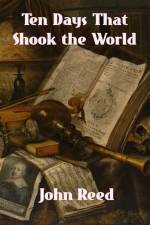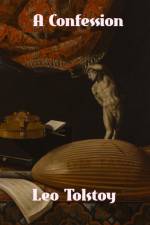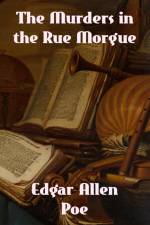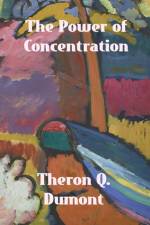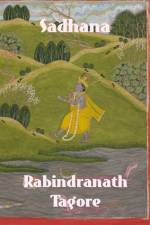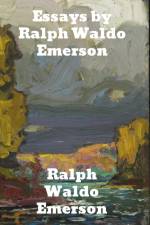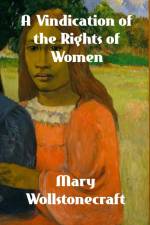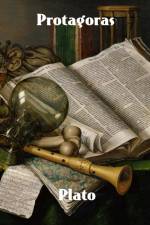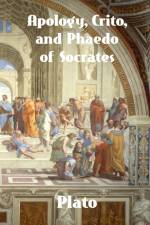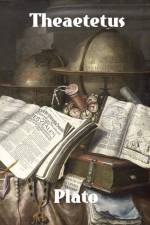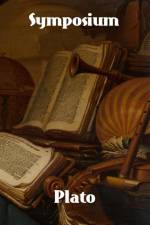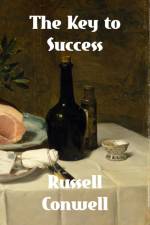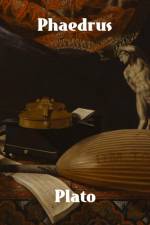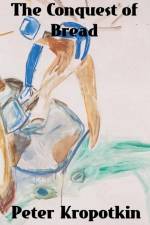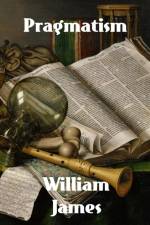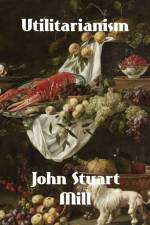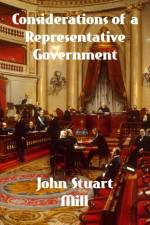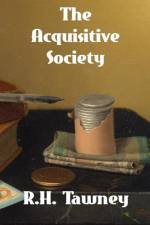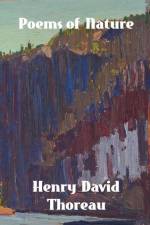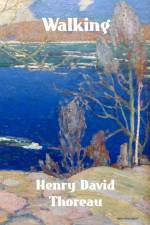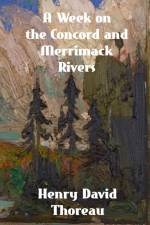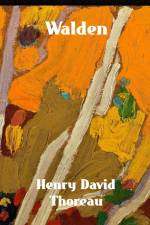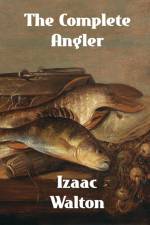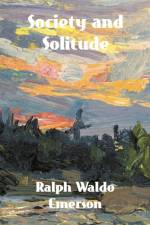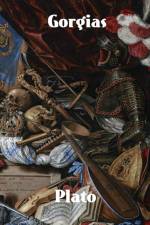av Henry David Thoreau
197
Poems of Nature is an extensive collection of nature poetry by the great American naturalist and philosopher, Henry David Thoreau. This classic American poetry collection includes a diverse set of nature poems, including the following: NATURE, INSPIRATION, SIC VITA, THE FISHER'S BOY, THE ATLANTIDES, THE AURORA OF GUIDO, SYMPATHY, FRIENDSHIP, TRUE KINDNESS, TO THE MAIDEN IN THE EAST, FREE LOVERUMOURS FROM AN ÆOLIAN HARP, LINES, STANZAS, A RIVER SCENE, RIVER SONG, SOME TUMULTUOUS LITTLE RILL, BOAT SONG, TO MY BROTHER, STANZAS, THE INWARD MORNING, GREECE, THE FUNERAL BELL, and many many others.This classic collection of Henry David Thoreau poems touches on the themes of love and loss in addition to the power and wonder of the natural world.Poems of nature includes this snippet from the introduction: The fifty poems here brought together under the title 'Poems of Nature' are perhaps two-thirds of those which Thoreau preserved. Many of them were printed by him, in whole or in part, among his early contributions to Emerson's Dial, or in his own two volumes, The Week and Walden, which were all that were issued in his lifetime. Others were given to Mr. Sanborn for publication, by Sophia Thoreau, the year after her brother's death (several appeared in the Boston Commonwealth in 1863); or have been furnished from time to time by Mr. Blake, his literary executor."

